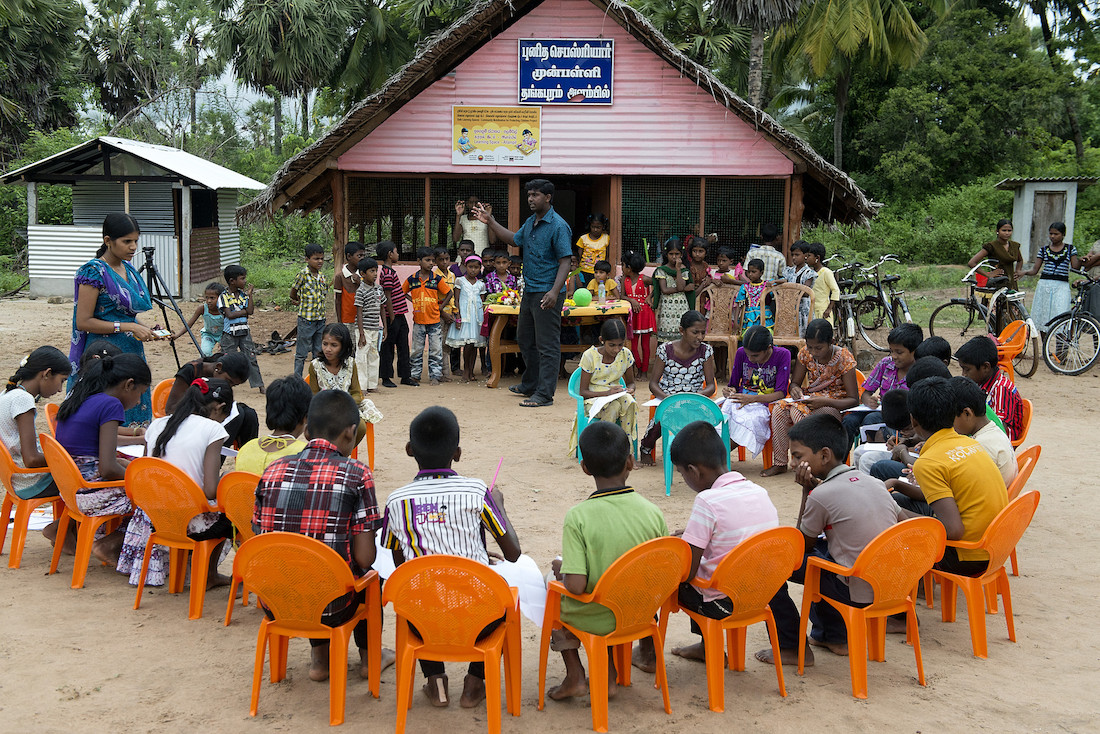RESEARCH AND DEVELOPMENT
Significant progress was made towards both our immediate and long-term goals for Research and Development over the course of 2016. An overarching R&D strategy has been finalised and approved which will guide our work in developing and implementing evidence-based interventions. A programmatic Theory of Change has also been finalised.
The research agenda has been established towards the long-term goal of developing our evidence-based care system of selected Core Interventions. Several elements of the research agenda were initiated over the course of 2016 - the development and evaluation of seven of the Core Interventions, as well as three enabling components. A conceptual framework for quality assurance for future implementation of the care package at scale has been designed. In addition, manuals for Child Friendly Spaces and Structured Recreational Activities were both finalised.
Our participation in networks and working groups was strengthened during 2016. War Child joined the STRENGTHS consortium in which fifteen leading academic and humanitarian organisations come together to develop and evaluate new approaches to tackle mental health issues experienced by refugees. We were also invited to join the Global Teacher in Crisis Context Working Group (TCCWG), and continue to work with the Inter-Agency Network for Education in Emergencies (INEE).
 © Geert Snoeijer
© Geert SnoeijerWe have made good progress over the course of the year - but some concerns and observations should be noted with regard to organisational structure. We have begun a long-term research agenda geared towards providing evidence on interventions. This is a rigorous and deliberative process and the rate of progress may be perceived as slow in some quarters. The context of undertaking rigorous research - and implementing the findings of that research - within the environment of an NGO also poses challenges.
It should be noted that there are gaps within both the research capacity and technical expertise needed to support R&D work inside our countries of operation. Increased capacity is also required to support potential new directions in our programming - these directions include the areas of youth engagement and urban violence.
